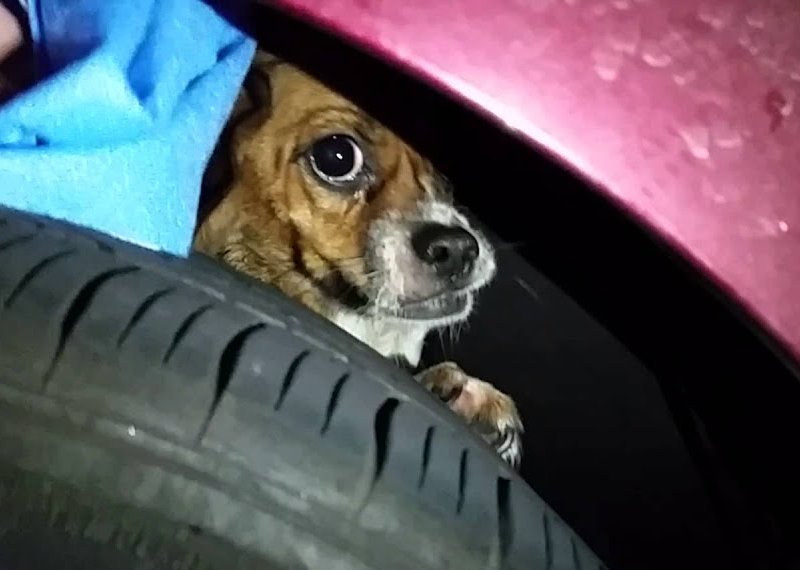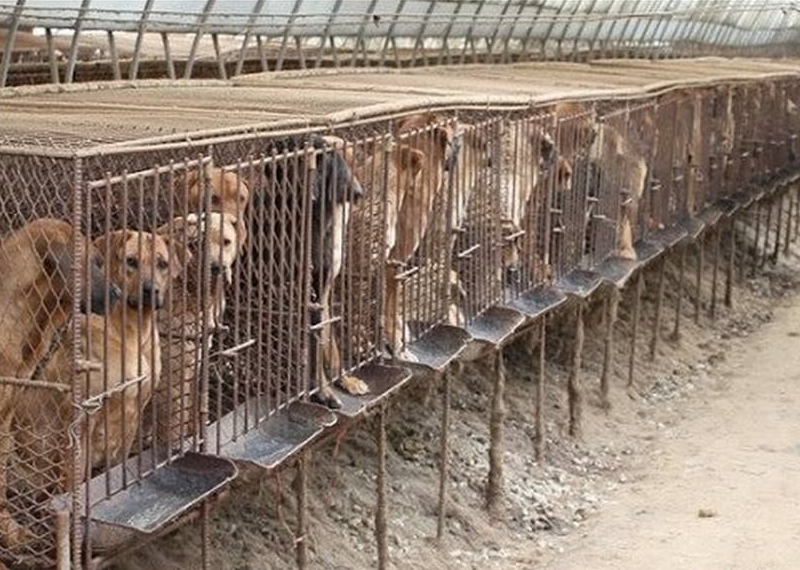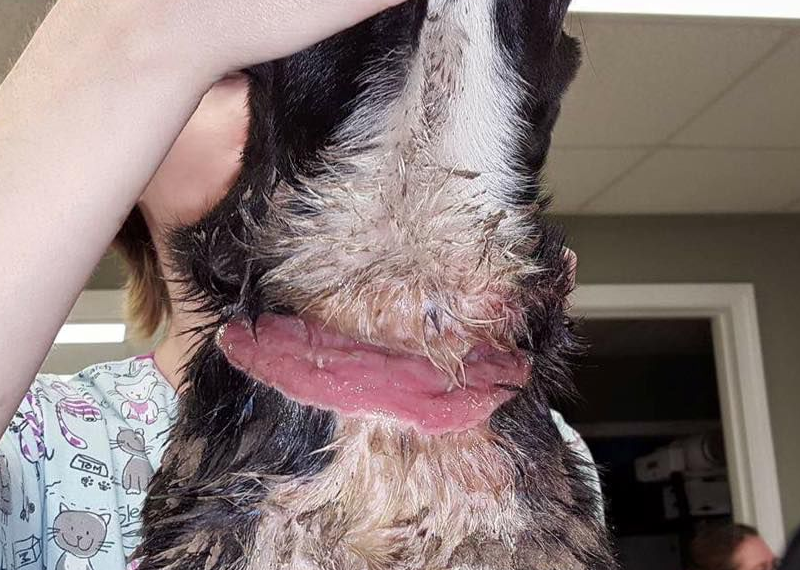Report animal neglect and cruelty
If you have witnessed or know of animal abuse taking place report it immediately to your local animal shelter or police.
Glen Bass is committed to keeping animals safe, healthy and free from neglect and cruelty
Glen Bass Investigations has employees in the field who are equipped to document events in real time.
GBI provides training to our investigators that prepare them to document the mistreatment of animals, when they see it.
Report Animal Cruelty
If you think someone you know is abusing animals, please speak up. The best thing you can do is report your suspicions of cruelty to your local law enforcement agency, humane organization, animal control agency or taxpayer-funded animal shelter. Read on for more information about how to recognize and report cruelty in your area.
Where to Report Animal Cruelty
Find out who is responsible for investigating and enforcing the anti-cruelty codes in your town, county and/or state, such as your local humane organization, animal control agency, taxpayer-funded animal shelter or police precinct. If you have trouble finding the correct agency to contact, call or visit your local police department or your local shelter or animal control agency for assistance.

How to Recognize Animal Cruelty
While an aggressive, timid or fearful animal may appear to be a cruelty victim, it is not possible to know if an animal is being abused based on their behavior alone.
It is best to examine the animal and his surrounding environment to determine whether or not he or she needs help.

Environmental Signs of Cruelty
Neglect and Unsanitary Conditions are unhealthy for several reasons and happen for no good reason. Nevertheless animals can become trapped in conditions that lead to disease, injury, infection and death.
To protect these unfortunate animals, people must take note and act.
Sometimes it is just an inexperienced animal owner who needs to be taught about animal ownership, other times, law enforement must get involved.
Community involvement is key to protecting our animals.
Pets are tied up alone
outside for long periods of time without adequate food or water, or with food or water that is unsanitary
Pets are kept outside
in inclement weather without access to adequate shelter
Pets are in unsanitary conditions
littered with feces, garbage, broken glass or other objects that could harm them
Animals are in kennels or cages
that are too small to allow them to stand, turn around and make normal movements

Physical Signs of Cruelty
Tight collar
that has caused a neck wound or has become embedded in the pet's neck
Open wounds
signs of multiple healed wounds, ongoing injury or illness that isn't being treated
Untreated skin conditions
that have caused loss of hair, scaly skin, bumps or rashes
Extreme thinness
or emaciation -bones may be visible
Fur infested
with fleas, ticks or other parasites
Patches
of bumpy, scaly skin rashes
Signs of inadequate grooming
such as extreme matting of fur, overgrown nails and dirty coat
Weakness
limping or the inability to stand or walk normally
Heavy discharge
from eyes or nose
An owner striking
or otherwise physically abusing an animal
Visible signs of confusion or extreme drowsiness

How to Report Cruelty
Try to gather the following information before submitting a report of animal cruelty:
A written, factual statement
of what you observed, giving dates and approximate times whenever possible to provide to law enforcement.
Photographs
of the location the animals in question and the surrounding area. Note: do not put yourself in danger! Do not enter another person's property without permission, and exercise great caution around unfamiliar animals who may be frightened or in pain.
Provide law enforcement
The names and contact information of other people who have firsthand information about the abusive situation.
You can file an anonymous report
but please consider providing your information. The case is more likely to be pursued when there are credible witnesses willing to stand behind the report and, if necessary, testify in court.
Record exactly whom you contacted
The date of the contacts, copies of any documents you provided to law enforcement or animal control and the content and outcome of your discussion.
If you do not receive a response from the officer assigned to your case within a reasonable length of time, make a polite follow-up call to inquire about the progress of the investigation.

To Report Cruelty Seen on the Internet
If you see cruelty depicted online, there are steps you can take to report the site or images in question:
Access this background information for a particular website by visiting www.whois.net and doing a "whois" search of the site in question, then contact the site's ISP (Internet service provider) about the offensive material.
If you have concrete information
that a website is displaying or promoting criminal acts, you may wish to contact any or all of the following organizations and advise them of the facts of the situation:
Local law enforcement officials
(from which the website originates the "whois" search wand the registrant's address) and, if you think an animal is in immediate danger, the possible offender's local FBI branch
Your local animal shelter
or humane societywhich may have the power to enforce animal cruelty laws in the area
The local Board of Health
because abuse of animals often involves unsafe or unsanitary conditions for humans
Internet Crime Complaint Center
but only if what you have seen has a financial element (someone selling, trading, or offering an illegal good or service)
Online and media outlets
Use the power of the media to bring public attention to an animal abuse situation which can help initiate corrective actions

To Report Cruelty Shown in Movies or on Television
The ASPCA shares your concern about the media's depiction of violence and cruelty toward animals for entertainment purposes.
Please know, however, that many of these instances are constitutionally protected free speech and may not even involve a real animal.
